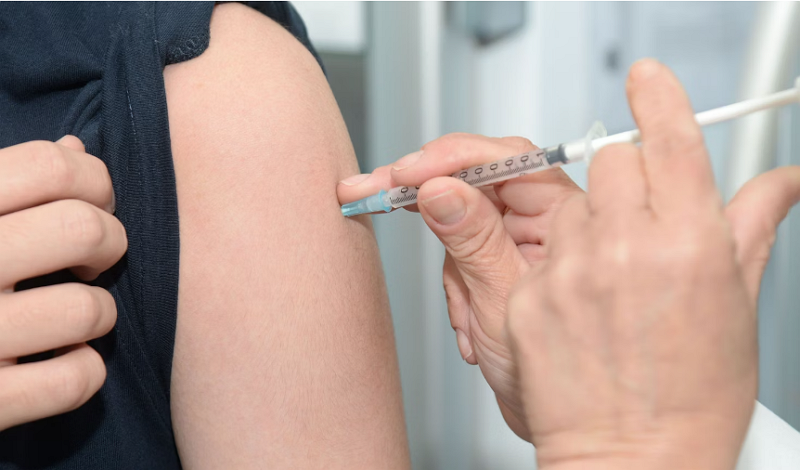
How to Stay Up-To-Date on Vaccinations
Staying up-to-date on vaccinations is crucial for protecting yourself and others from preventable diseases. Vaccinations are a key component of preventive health care, helping to reduce the spread of infectious diseases and maintain overall public health. Here are ten practical tips to help you stay current with your vaccinations and improve your preventive health care.
1. Keep a Vaccination Record
Maintaining an up-to-date record of all your vaccinations is essential. This record should include the dates of each vaccine, the type of vaccine, and any relevant notes (e.g., booster requirements). Store this record in a safe place and bring it to your medical appointments.
2. Know the Recommended Schedule
Familiarize yourself with the vaccination schedule recommended by health authorities, such as the CDC or WHO. These schedules outline the vaccines needed at different stages of life, from infancy through adulthood, and for specific populations (e.g., travelers, pregnant women).
3. Set Reminders for Booster Shots
Many vaccines require booster shots to maintain immunity. Set reminders on your phone or calendar for these boosters. Your healthcare provider can also help you schedule these follow-up appointments to ensure you remain protected.
4. Stay Informed About New Vaccines
Medical advancements frequently lead to the development of new vaccines. Stay informed about these developments through reliable sources like health department websites, your doctor, or reputable health news outlets. Discuss with your doctor whether new vaccines are appropriate for you.
5. Consult with Your Healthcare Provider
Regularly consult with your healthcare provider about your vaccination status. They can provide personalized advice based on your age, health conditions, travel plans, and other factors. During routine check-ups, ask if you are due for any vaccines.
6. Use Technology to Track Vaccinations
There are various apps and digital tools available to help track your vaccination history and remind you of upcoming vaccines. Apps like MyIR Mobile and VaxText provide reminders and keep your records easily accessible.
7. Update Vaccinations Before Traveling
If you plan to travel internationally, check the vaccination requirements and recommendations for your destination well in advance. Some countries require proof of certain vaccinations, such as yellow fever or typhoid. Visit a travel clinic or your healthcare provider for advice and necessary vaccines.
8. Participate in Community Immunization Programs
Community immunization programs, often offered by local health departments, provide an accessible way to stay up-to-date on vaccinations. These programs might offer vaccines at schools, workplaces, or community centers. Take advantage of these services for yourself and your family.
9. Educate Yourself on Vaccine-Preventable Diseases
Understanding the diseases that vaccines prevent can motivate you to stay current with your immunizations. Learn about the symptoms, complications, and transmission of these diseases. Knowledge about the benefits of vaccination can reinforce its importance.
10. Encourage Family and Friends to Stay Vaccinated
Promote the importance of vaccinations within your social circle. Encourage family and friends to keep their vaccinations up-to-date. Sharing information and reminders can help ensure that those around you are also protected, contributing to community immunity.
Conclusion
Staying up-to-date on vaccinations is a fundamental aspect of preventive health care. By following these practical tips, you can ensure that you and your loved ones remain protected against preventable diseases. Keeping accurate records, consulting with healthcare providers, utilizing technology, and staying informed are key strategies for maintaining your vaccination status. Taking proactive steps in your vaccination regimen not only safeguards your health but also contributes to the overall well-being of your community.




